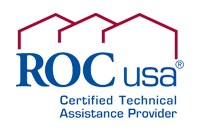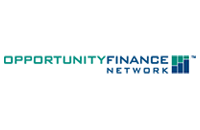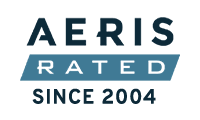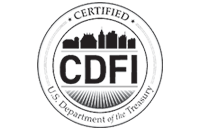
Creating 'extra,' the green way
By ROC-NH staff
Solar array provides homeowners in Mascoma Meadows Cooperative in Hanover, NH with "a little extra."
One person said it plainly. “There is never extra.”
When we asked folks who live in New Hampshire’s resident-owned manufactured-home communities (ROCs) what they’d do with an extra $20 a month, the answers were quick: pay a bill, put it in emergency funds or roof repair, put gas in the car. Some said they’d buy garden plants or maybe something fun the first month.
Longer-term, they said, “our income is not keeping up with the cost of living,” “it will be eaten up by the rising prices of groceries and bills,” and “we might get a rent increase.” That extra $20 would buy the basics, no luxuries even mentioned.
About three-quarters of the 8,500 households in N.H.’s ROCs earn just 80% or less of the area's medium income (roughly $60,000). Those residents never feel like there is enough.
But at Mascoma Meadows Cooperative in Lebanon, the homeowners have found a little extra. And they found it the green way.
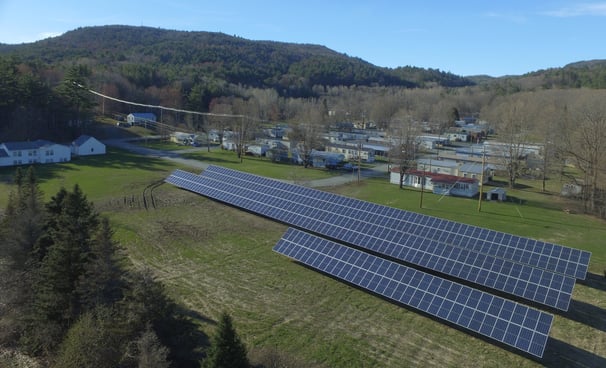
This group of 50 manufactured-home park residents preserved their homes’ security and values in 2008 by creating a cooperative and buying the park. With the help of the NH Community Loan Fund, Mascoma Meadows became the state’s 89th ROC.
Ten years later, the co-op’s president, Calvin Goude, was approached by the Community Loan Fund and Vermont Law School Energy Fellow Christa Shute and asked if the co-op might be interested in a solar array project for their community. NH had recently passed a law requiring at least 15% of its renewable energy funds to benefit residential electric customers with low and moderate incomes.
In meetings at the neighboring Abundant Life Church of God, the co-op’s residents learned from Vt. Law students the basics about solar arrays, how the construction could be paid for, and the reporting requirements they’d have to take on, as well as other energy-saving ideas. Vermont Law then sought bids from solar installers and board talked to the pastor about buying a half-acre of land adjoining the co-op to site the array.
Together, the residents, students, the Community Loan Fund, and Revision Energy, an employee-owned solar installer based in Brentwood, NH, found investors to take advantage of federal and state tax credits that the not-for-profit cooperative could not use, but could lower the coat of the array. They then drafted a power purchase agreement, sought, and received local approvals, applied to the state, and were awarded $168,000, the first low–moderate income solar grant by the Public Utilities Commission. When Abundant Life’s congregation voted on Easter Sunday to donate the land to the co-op, everyone involved was reduced to tears.
“We never expected that!” Goude said.
A model for ROCs in NH and beyond
"The model developed for Mascoma Meadows, leveraging the cooperative structure and tax incentives, helps break some of the barriers to lower-income residents owning solar,” said Shute, who is now an attorney. “The exciting part of this project is creating a model not just for New Hampshire resident-owned communities, but for ROCs across the country.”
With the array now online, Mascoma Meadows has reduced its carbon footprint and is selling its electricity back to the electric company. All the participating residents are co-op members, so when the cooperative receives a check, it lowers the monthly rent that residents pay for their homesites. Each resident’s share fluctuates between $17.50 and $22 a month, every month, so “extra” happens over and over again. The income from the solar array is expected to put more than $1 million back into the residents’ pockets over the 40-year life of the array. For its residents, all that “extra” may add up to “enough.”
Mascoma was the first NH co-op with a solar array, but it won’t be the last. Working with new groups of Vt. Law students, three more ROC projects are in the works. Last year, four Mascoma residents shared their experience online with members of Pine Hill Cooperative in Conway.
Solar energy reduces our dependence on fossil fuels. We double that impact when the financial benefit goes to the people for whom $20 means the most.
ROC-NH™ is a program of the New Hampshire Community Loan Fund, Inc. and a ROC USA® Certified Technical Assistance Provider.
ROC-NH is a registered service mark of ROC USA, LLC.





